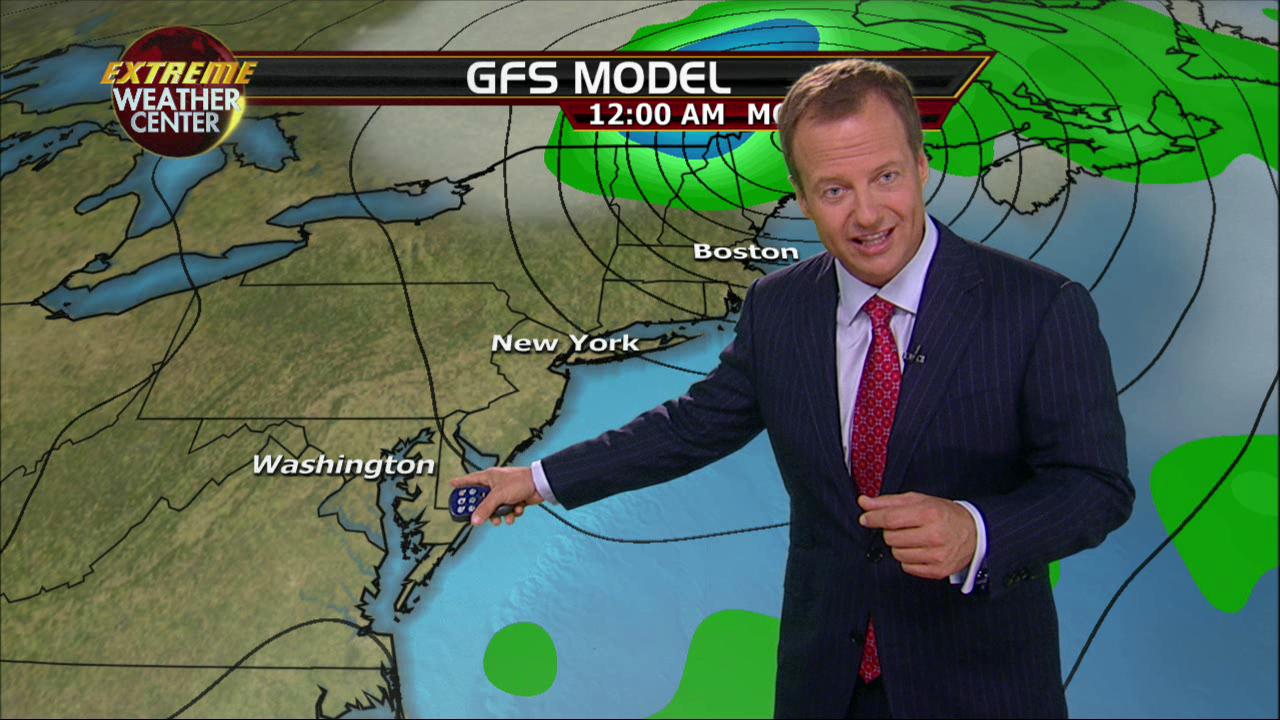Meteorologists claim they re right 85 of the time

Meteorologists Claim They’re Right 85% of the Time
.jpg)
When it comes to predicting the weather, meteorologists play a vital role in keeping us informed and helping us plan our daily activities. But how accurate are their forecasts? According to meteorologists themselves, they claim to be right about 85% of the time. Let’s delve deeper into this claim and explore why meteorologists are considered reliable sources for weather forecasting.
Meteorology is a complex science that involves studying atmospheric conditions and patterns to understand and predict weather phenomena. Skilled meteorologists analyze data from various sources such as weather satellites, radar systems, and weather stations located worldwide. They use cutting-edge technology and sophisticated computer models to make accurate predictions about weather conditions.

Despite their expertise and advanced tools, weather forecasting can still be challenging due to the inherent uncertainties associated with the atmosphere. The atmosphere is a dynamic system, constantly changing and influenced by numerous factors such as air pressure, temperature, humidity, and wind patterns. These variables make it difficult to make precise predictions all the time.
Meteorologists are well aware of these challenges and acknowledge that forecasting is not an exact science. However, they have made significant progress over the years in improving their accuracy. With the advancements in technology and the availability of vast amounts of weather data, meteorologists can now generate more reliable and detailed forecasts.
To ensure accuracy, meteorologists make use of multiple models and compare their results to find a consensus. This approach helps them identify potential outliers and reduce uncertainties in their forecasts. They also continuously update their predictions as new data becomes available, allowing them to make adjustments and provide the most up-to-date information.
Furthermore, meteorologists are constantly learning and refining their skills. They attend training programs, workshops, and conferences to stay informed about the latest advancements in meteorological science. By keeping up with the latest research and techniques, meteorologists can enhance their forecasting abilities and improve their accuracy.
It is worth noting that meteorologists’ 85% accuracy claim is an average based on the overall performance of their forecasts across various timeframes and regions. It is important to understand that accuracy can vary depending on the specific location and the time horizon of the forecast. Short-term forecasts tend to be more accurate, while long-term forecasts have a wider margin of error.
In conclusion, meteorologists strive to be as accurate as possible in their weather forecasts, claiming an average accuracy rate of 85%. Their expertise, use of advanced technology, and continuous learning contribute to their ability to predict the weather with a high level of precision. Although forecasting remains a challenging task, meteorologists play a crucial role in keeping us informed and helping us plan our lives around the ever-changing weather conditions.
Source: Forbes
Related Posts
Quick Links
Legal Stuff

